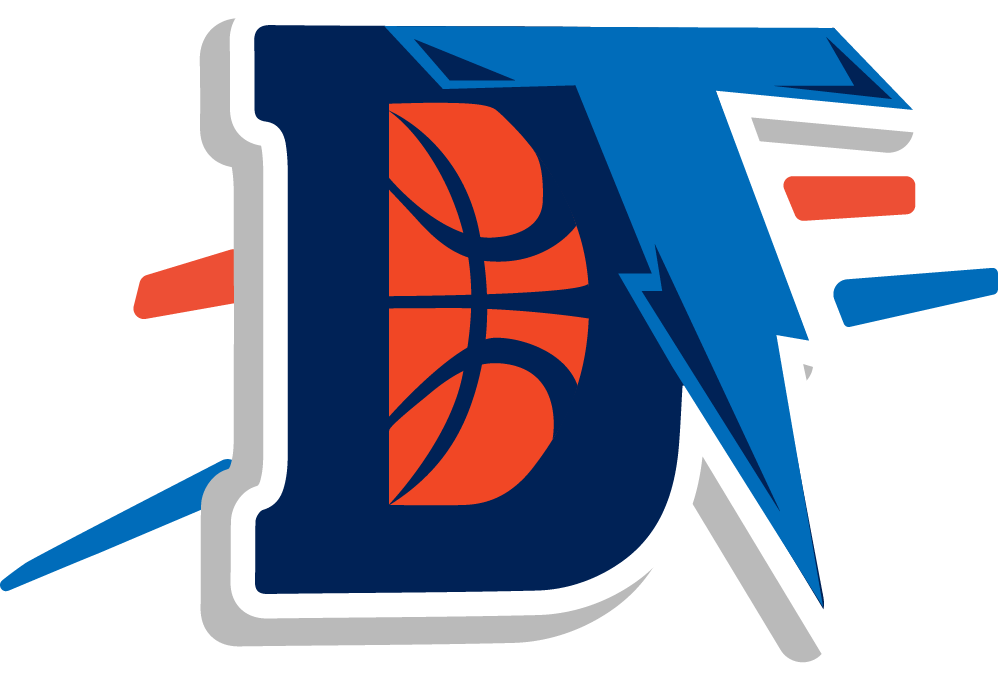How much can Enes Kanter improve?

NBAE/Getty
Here’s a great email I got today from Nick S. on Enes Kanter and what kind of real development can be expected:
“So… as predicted, it looks like you’re somewhat sick of the Enes Kanter discussion at this point. I don’t blame you, and I still expect that it will go on all season. I did want to highlight a couple of things that you might find interesting, however.
First, the optimistic perspective: Jon Hamm, talking about plus-minus and RPM, mentioned Kris Middleton as an example of the fact that young players can improve and so you can’t always take measures of past performance as a predictor of the future. I think it’s interesting to go back a little farther. I recently dug up the articles that Henry Abbott wrote about Kevin Durant early in his career.
It’s a really good piece walking through the ways in which Kevin Durant could, on one hand, be a very promising prospect and, on the other hand, not really be helping the team win. It also closes with these paragraphs which are hilarious in retrospect.
Knowing that just about any NBA general manager would trade his own children for a prospect of Durant’s caliber, I asked Winston if he’d advise his team to accept if the Mavericks were (in some alternate universe) offered Durant for free. “I’d say probably not,” he replied. “I would not sign the guy. It’s simply not inevitable that he’ll make mid-career strides. Some guys do. But many don’t, and he’d have to improve a lot to help a team.”
And when I relayed Winston’s comment to one of the NBA’s most respected talent evaluators, his response was simply: “He’s crazy.”
Over the next few years, one of them will be proved wrong.
Then, even a few months into the following season (his third), it was clear that everything had changed.
Kevin Durant may have the greatest plus/minus improvement in NBA history.
He was one of the very worst players in the league by that measure last season, and now he’s second-best. Only Dirk Nowitzki rates better in Wayne Winston’s adjusted plus/minus. As of today, Durant’s Thunder are giving up 11.5 fewer points per hundred possessions when he’s on the floor. And they’re scoring 13.75 more. That’s unbelievable. (Interestingly, the next best player in the NBA, according to this early-season measure, is Marc Gasol. Then LeBron James and Luol Deng. If those numbers seem a little funny … it’s early yet. Plus/minus means a lot more with bigger samples.)
Now, there’s some reason to doubt that Enes Kanter can make a similar jump. Durant had better raw tools, an amazing work ethic, and was earlier in his career than Kanter is. But I also believe that, with players who expect to be scorers in the NBA, there is a development path in which they first need to demonstrate, and feel confident in their own ability to score, before they can become fully conscious of the team needs. I think there is a certain kind of selfishness that’s required to be a great scorer, and I wouldn’t be surprised if that conflicts with the sort of team play that plus/minus appreciates early in the career (in other words, not everyone can be Nick Collison). That’s just a theory, I haven’t looked for anything more than anecdotal evidence.
Second, the slightly pessimistic perspective. Everyone talks about how young Kanter is so I looked at basketball-reference.com for a list of players sorted by win shares in their 4th season. Almost everyone in the top-17 on that list was well worth a max contract following their rookie real (with Steve Francis and Gilbert Arenas the only two who busted after that). But look a little lower and you start to see what the downside of the deal might look like — some of the names of players who looked promising but never really solved their weaknesses.
As you get down to #37 (Westbrook), #43 (Carmelo), #48 (Pau Gasol) there are still good plays, but they’re becoming rarer. More and more of the players are either busts (Lance Stephenson) or good players who were never stars (Rip Hamilton or Paul Millsap).
Enes Kanter is #56.
He had a split season, he played in Utah most of the year, and wasn’t very good, and then was very, very good in a shorter stint in OKC. If you extended his OKC numbers for the whole year he would rank much higher. But that’s another way of seeing the same thing that the plus/minus numbers say — to think he’s worth the contract you have to heavily discount his statistics in Utah.
It will be interesting.”
